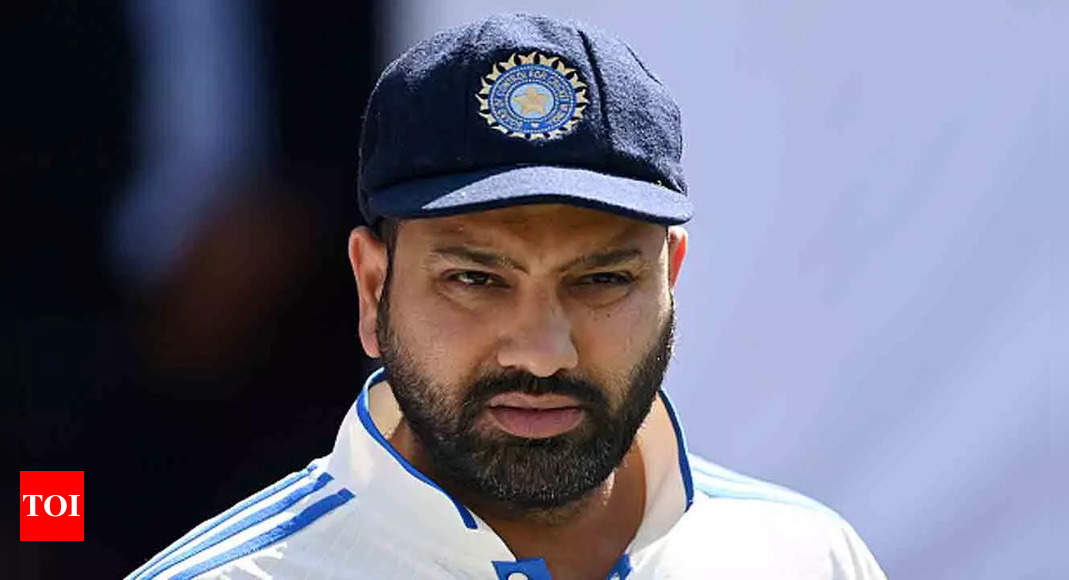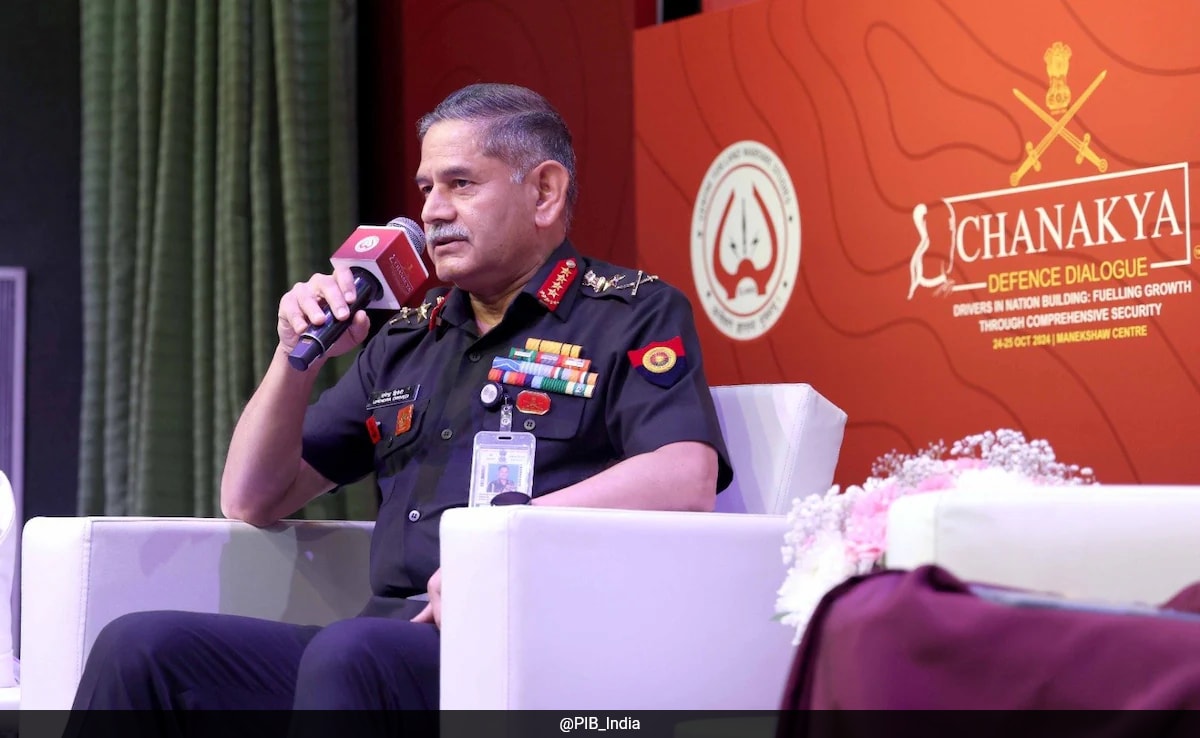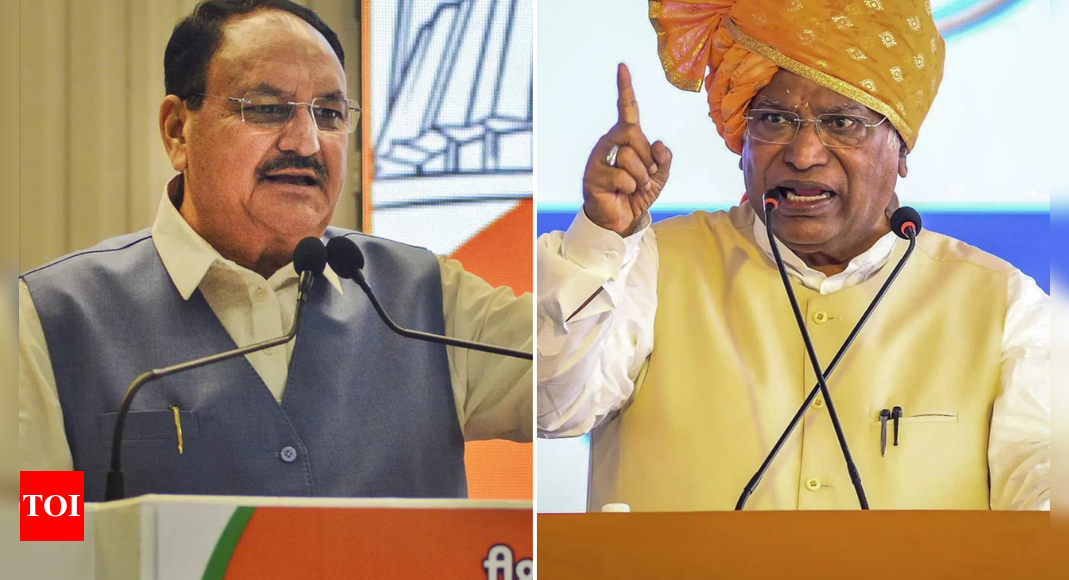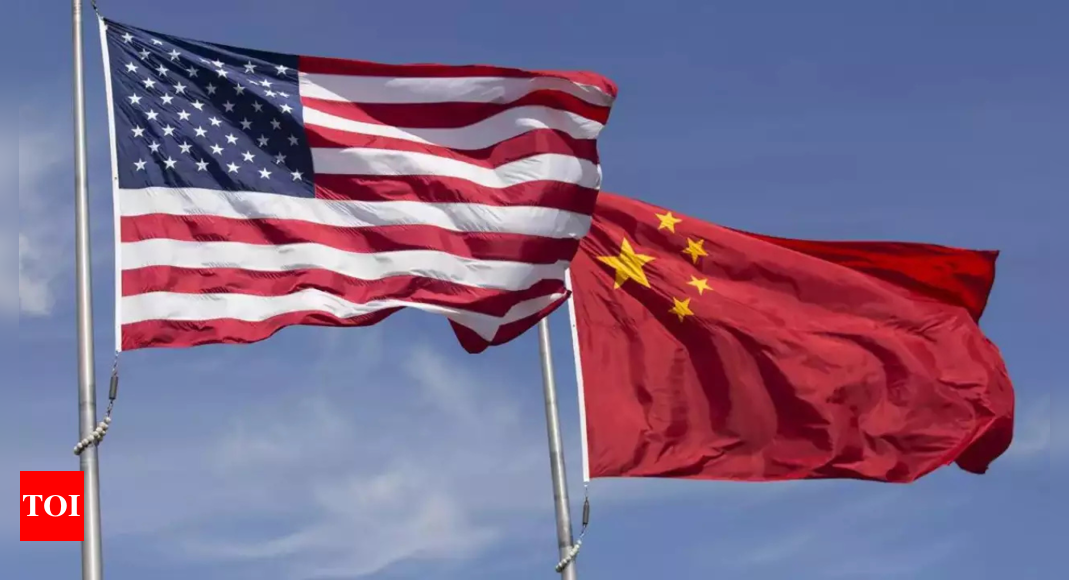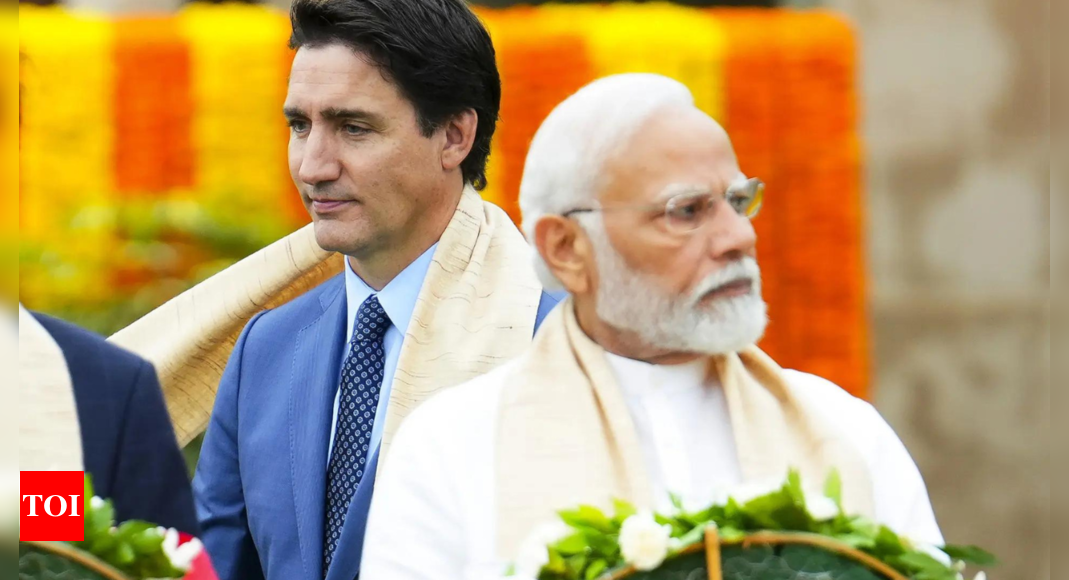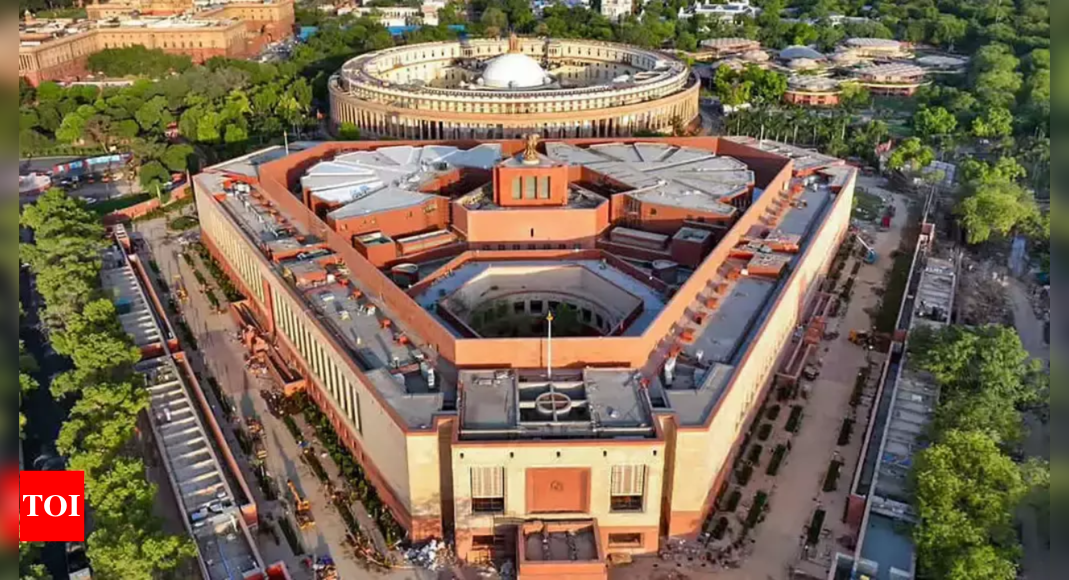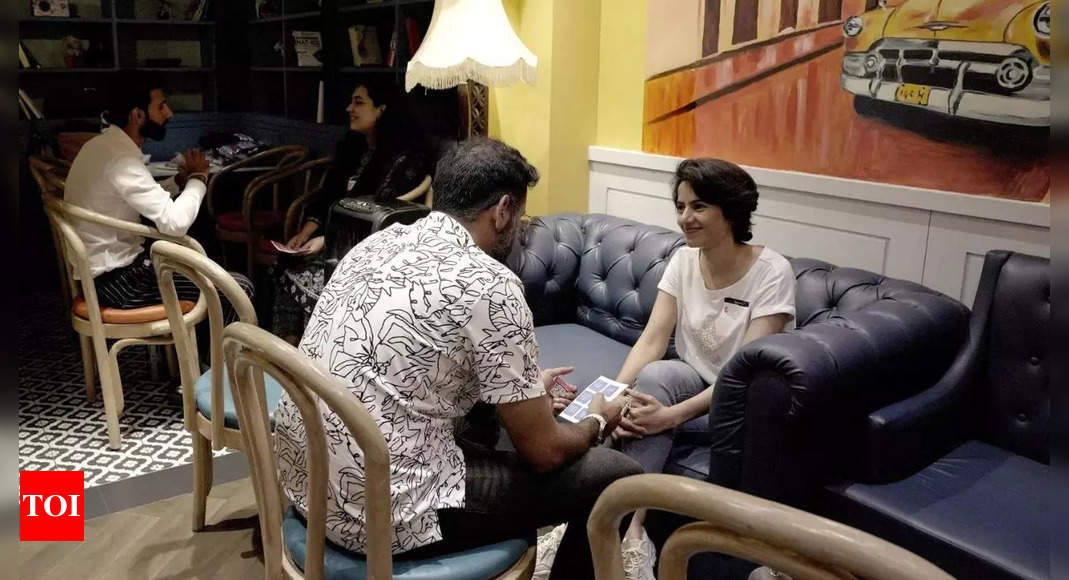
Dozens of young singles in Pakistan‘s Lahore, gathered this week for an event hosted by Muzz, a UK-based matrimonial app, marking a major departure from the country’s traditional norms.
This in-person event, the first of its kind in the conservative Islamic nation, aimed to offer an alternative to parent-arranged marriages and challenge the stigma around dating apps.
In Pakistan, parents usually arrange marriages for their children, seeking matches within their communities or extended families.
The country of 240 million people often see dating apps stigmatised, with gender segregation prevalent both socially and in workplaces.
Muzz’s app is grounded on Islamic etiquette and restricted to Muslim users. It allows users to blur pictures except for specific matches and offers the option of having chaperones oversee meetings.
Since its launch in 2015 in Britain, Muzz has attracted over 1.5 million users in Pakistan, making it the app’s second-largest market after Morocco.
The Lahore event provided a safe space for attendees like Aimen, 31, to step out of the confines of online interactions. “I used the app for two weeks, but when I saw an ad for this event, I thought, why not meet people in person?” she said.
Moaz, 27, who has been using Muzz for a year, expressed hope that the event might help him find a life partner.
However, he pointed out that many girls on the app expect parental involvement from the start, which he found challenging. “That is not possible,” he said, emphasising the importance of getting to know someone before involving families.
In addition to Muzz, other events like Annie’s matchmaking party in Lahore are also challenging traditional matchmaking norms.
Noor ul Ain Choudhary, the 30-year-old organiser, faced criticism online for allegedly promoting a “hookup culture.” She defended her event, explaining that it was intended to provide a safe space for singles to meet and connect.
This in-person event, the first of its kind in the conservative Islamic nation, aimed to offer an alternative to parent-arranged marriages and challenge the stigma around dating apps.
In Pakistan, parents usually arrange marriages for their children, seeking matches within their communities or extended families.
The country of 240 million people often see dating apps stigmatised, with gender segregation prevalent both socially and in workplaces.
Muzz’s app is grounded on Islamic etiquette and restricted to Muslim users. It allows users to blur pictures except for specific matches and offers the option of having chaperones oversee meetings.
Since its launch in 2015 in Britain, Muzz has attracted over 1.5 million users in Pakistan, making it the app’s second-largest market after Morocco.
The Lahore event provided a safe space for attendees like Aimen, 31, to step out of the confines of online interactions. “I used the app for two weeks, but when I saw an ad for this event, I thought, why not meet people in person?” she said.
Moaz, 27, who has been using Muzz for a year, expressed hope that the event might help him find a life partner.
However, he pointed out that many girls on the app expect parental involvement from the start, which he found challenging. “That is not possible,” he said, emphasising the importance of getting to know someone before involving families.
In addition to Muzz, other events like Annie’s matchmaking party in Lahore are also challenging traditional matchmaking norms.
Noor ul Ain Choudhary, the 30-year-old organiser, faced criticism online for allegedly promoting a “hookup culture.” She defended her event, explaining that it was intended to provide a safe space for singles to meet and connect.




